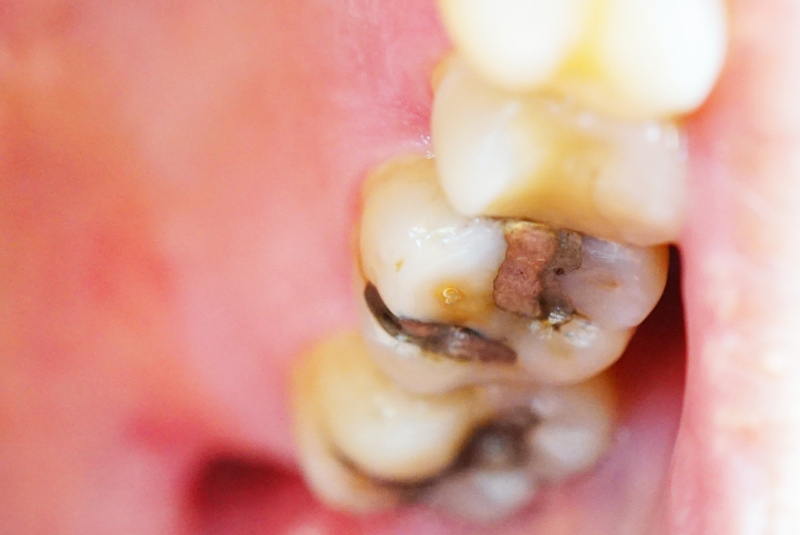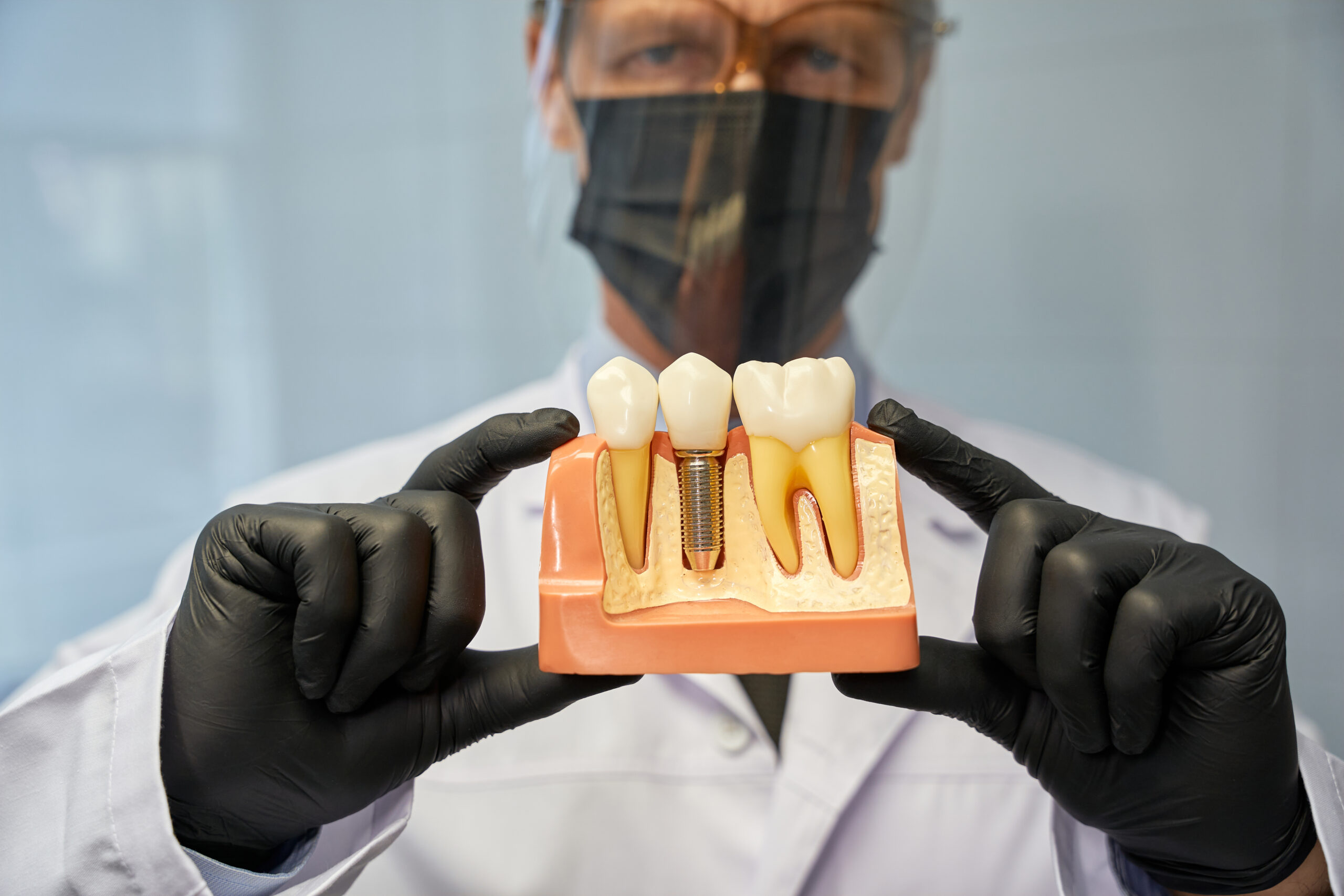
How Long Should A Dental Filling Last? A Comprehensive Guide
November 19, 2023
Dental Fillings
Welcome to our comprehensive guide on dental fillings! If you’ve ever wondered how long those little restorations in your teeth should last, you’re in the right place. Dental fillings are a common and vital procedure that can save us from tooth decay, but have you ever thought about their lifespan? Today, we’ll take an in-depth look at the factors influencing the durability of dental fillings and provide you with all the information you need to ensure those pearly whites stay picture-perfect for years to come. So, let’s dive into this topic and find out just how long a dental filling should last!
Factors Affecting Filling Longevity
The lifespan of a dental filling is not set in stone and can be influenced by various factors, including:
Type Of Filling Material: The material used for your filling plays a significant role in determining its durability. Different materials have different properties, affecting their longevity.
Size And Location Of The Cavity: The size and location of the cavity being filled can significantly impact how long the filling lasts. Fillings in areas subjected to higher pressure from chewing may wear down more quickly.
Oral Hygiene Habits: Good oral hygiene practices are paramount for maintaining the integrity of your fillings. Neglecting oral hygiene can lead to premature filling failure. Regular brushing and flossing are essential for preventing plaque buildup and decay around the filling.
Bite Force And Teeth Grinding: Excessive bite force, clenching, or teeth grinding (bruxism) can put added stress on your fillings, causing them to wear down or break. If you suspect bruxism, consult your dentist for potential solutions like a nightguard.
Average Lifespan of Different Types of Fillings
Dental fillings are available in various materials, and each type has its average lifespan:
Amalgam Fillings: Amalgam fillings, composed of a mixture of metals, are known for their durability and longevity. They can last anywhere from 10 to 15 years or even longer with proper care.
Composite Fillings: Composite fillings, which are tooth-colored and aesthetically pleasing, generally have a lifespan of around 5 to 7 years. Their durability may vary depending on factors such as size and location.
Gold Fillings: Gold fillings are highly durable and have an impressive lifespan of 15 to 30 years or more. While they may come at a higher initial cost, their long-term durability justifies the investment.
Ceramic Fillings: Ceramic fillings are aesthetically pleasing and can last 10 to 15 years, similar to amalgam fillings. Their natural appearance makes them a popular choice for front teeth.
Signs of a Failing Filling
It’s essential to recognize the signs of a failure to address the issue promptly. Common indicators of a problematic filling include:
Sensitivity To Hot Or Cold: Increased sensitivity to temperature changes, especially when consuming hot or cold foods and beverages, can be an early sign of a problem with your filling.
Toothache Or Pain Around The Filling: Persistent or new pain originating from the filled tooth could suggest damage or decay underneath the filling.
Cracks Or Chipping In The Filling: Visible cracks or chipping in the filling indicate deterioration. Such issues may need immediate attention from a dentist.
Discoloration Or Staining: Changes in the color or appearance of the filling may signify a problem. Discoloration can be a sign of leakage or decay around the filling.
Tips for Prolonging Filling Lifespan
To extend the life of your dental fillings and promote your overall oral health, consider the following tips:
Good Oral Hygiene Practices: Regularly brushing and flossing teeth is crucial for preventing decay around the filling. Maintaining excellent oral hygiene practices ensures the longevity of your dental work.
Regular Dental Check-Ups And Cleanings: Routine dental check-ups provide an opportunity for your dentist to monitor the condition of your fillings and address any concerns promptly. Professional cleanings also help maintain oral health.
Avoiding Excessive Bite Force And Teeth Grinding: If you grind your teeth, it’s essential to address this issue with your dentist. Using a custom-fitted mouthguard can protect your fillings from excessive stress. Avoid biting on hard objects or using your teeth for purposes other than eating to reduce wear and tear.
The longevity of a dental filling is influenced by several factors, including the type of filling material, the size and location of the cavity, your oral hygiene habits, and external factors such as bite force and teeth grinding. Recognizing the signs of a failing filling is critical, as it allows for prompt intervention, preventing further complications.
To ensure the longevity of your dental fillings and maintain your overall oral health, consult a trusted dentist for regular check-ups and professional guidance. Their expertise is invaluable in ensuring your fillings serve you well for years. Your dental professional can also offer personalized advice on how to protect and care for your dental work, helping you maintain a confident and healthy smile.
More Blog Posts

How Long Do Dental Crowns Last and What Affects Their Lifespan?

Correcting Tooth Gaps: Using Dental Veneers to Fix Diastema Without Braces in Matthews

Why Dr. Dawson Recommends Root Canal Over Extraction

Celebrating Dr. Ashley Dawson: Honored as One of America’s 40 Under 40 Top Dentists for 2025


